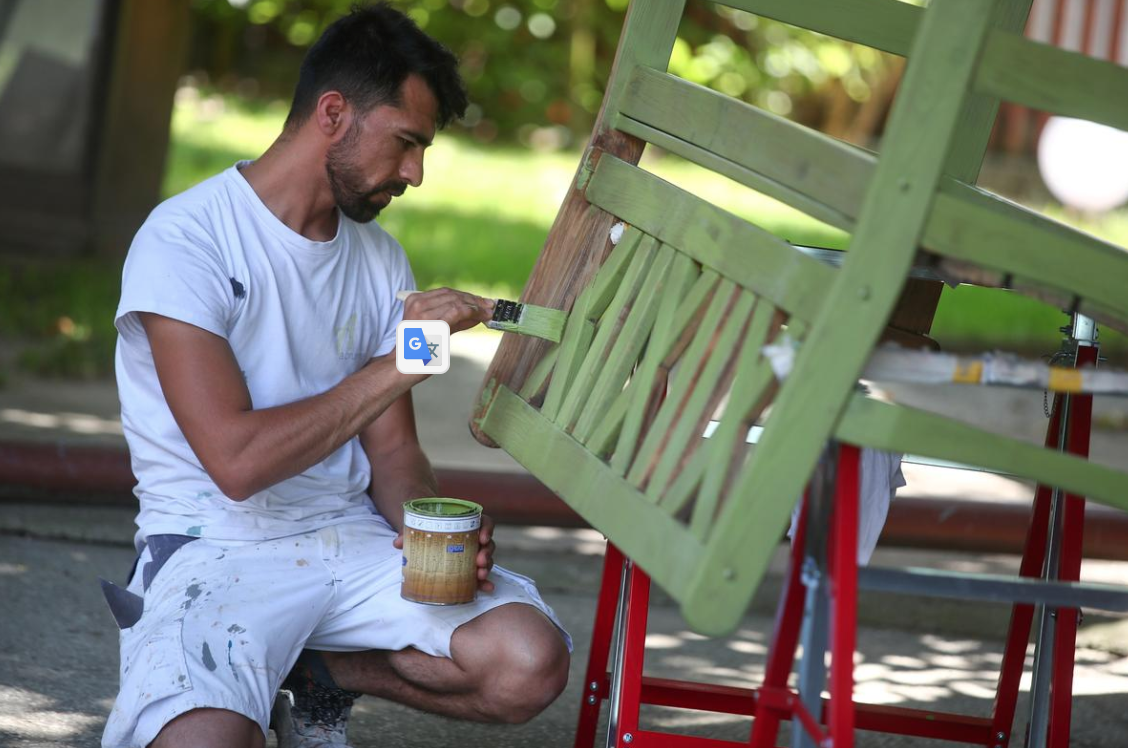
BERLIN (Reuters) – When Afghan asylum seeker Yar Mohammad Haiqar found a job as a painter in a small Bavarian city, he couldn’t stop smiling at what he hoped would be an opportunity to build a good life and a secure future in Germany.
Three years later, he is on course to finish his apprenticeship, lives in his own place and has a car, but a future in Germany is still not guaranteed.
“I cannot go back to my country because it’s very unsafe for me. It’s better to stay here,” said Haiqar, 26, who arrived in Germany six years ago, leaving his parents and siblings behind in Afghanistan.
He is still waiting to obtain a more secure status in Germany.
More than 1.5 million people have come to Germany seeking asylum since 2013, mostly from the Middle East and Africa.
Many of them are in limbo: their applications for asylum have been rejected but they cannot be deported because they have no identification documents, their home countries refuse to take them back, or there is founded fear for their safety once home.
Haiqar was one of 35 refugees who found a job or apprenticeship through a model project run by the Bavarian Industry Association (VBW) aimed at integrating migrants into German society via work.
His employer, Anita Brunner, hopes he can stay in Germany. She wants to keep him in her company.
Nine years of growth, low unemployment and falling birth rates have created a record 1.2 million job vacancies in almost all sectors in Europe’s economic powerhouse, and there is still a shortage of plumbers, electricians and carpenters.
In December, the German cabinet passed new immigration laws to make it easier for lower-skilled foreigners to seek work in Germany and offer rejected asylum seekers who can’t be deported a path to residency.
“I think it’s the wrong approach to give people training here and then send them away”, said Brunner, Haiqar’s boss. “In an age of skilled labor shortages, this is the wrong way to go.”
Reporting by Reuters TV, writing by Riham Alkousaa, Editing by William Maclean




